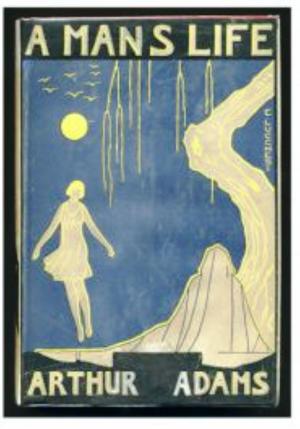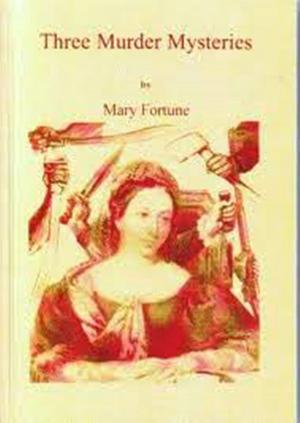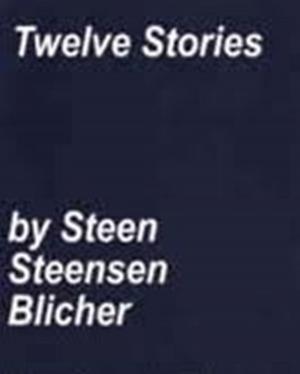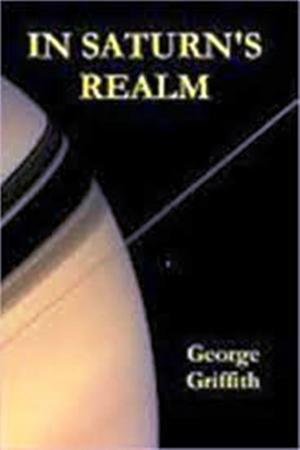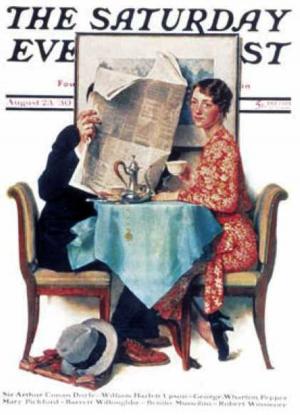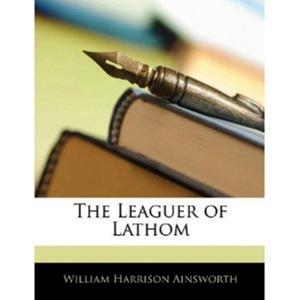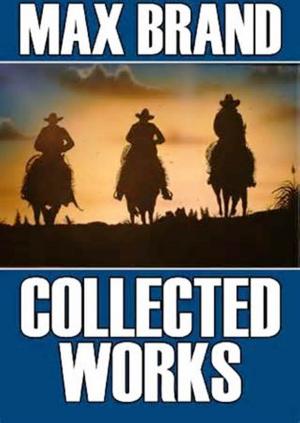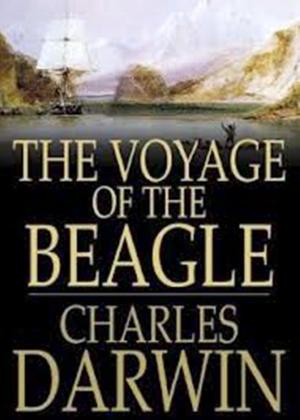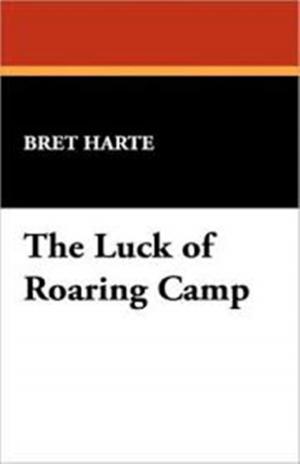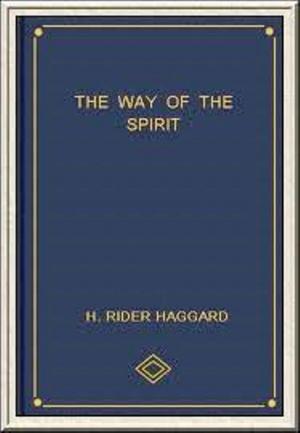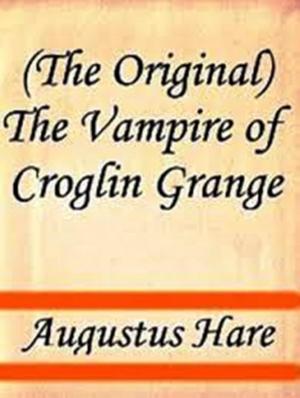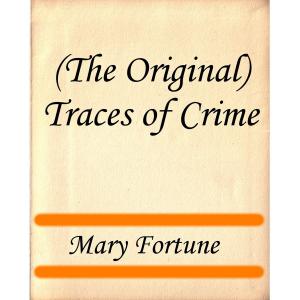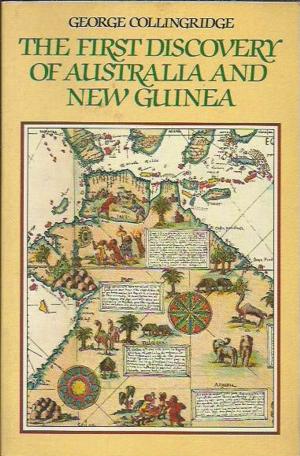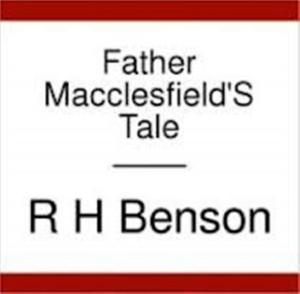| Author: | Neil Munro | ISBN: | 1230000192912 |
| Publisher: | WDS Publishing | Publication: | October 29, 2013 |
| Imprint: | Language: | English |
| Author: | Neil Munro |
| ISBN: | 1230000192912 |
| Publisher: | WDS Publishing |
| Publication: | October 29, 2013 |
| Imprint: | |
| Language: | English |
A short, thick-set man, with a red beard, a hard round felt hat, ridiculously out of harmony with a blue pilot jacket and trousers and a seaman's jersey, his hands immersed deeply in those pockets our fathers (and the heroes of Rabelais) used to wear behind a front flap, he would have attracted my notice even if he had not, unaware of my presence so close behind him, been humming to himself the chorus of a song that used to be very popular on gabbarts, but is now gone out of date, like "The Captain with the Whiskers took a Sly Glance at Me." You may have heard it thirty years ago, before the steam puffer came in to sweep the sailing smack from all the seas that lie between Bowling and Stornoway. It runs--
"Young Munro he took a notion For to sail across the sea, And he left his true love weeping, All alone on Greenock Quay,"
and by that sign, and by his red beard, and by a curious gesture he had, as if he were now and then going to scratch his ear and only determined not to do it when his hand was up, I knew he was one of the Macfarlanes. There were ten Macfarlanes, all men, except one, and he was a valet, but the family did their best to conceal the fact, and said he was away on the yachts, and making that much money he had not time to write a scrape home.
"I think I ought to know you," I said to the vocalist with the hard hat. "You are a Macfarlane: either the Beekan, or Kail, or the Nipper, or Keep Dark, or Para Handy--"
"As sure as daith," said he, "I'm chust Para Handy, and I ken your name fine, but I cannot chust mind your face." He had turned round on the pawl he sat on, without taking his hands from his pockets, and looked up at me where I stood beside him, watching a river steamer being warped into the pier.
"My goodness!" he said about ten minutes later, when he had wormed my whole history out of me; "and you'll be writing things for the papers? Cot bless me! and do you tell me you can be makin' a living off that? I'm not asking you, mind, hoo mich you'll be makin', don't tell me; not a cheep! not a cheep! But I'll wudger it's more than Maolean the munister. But och! I'm not saying: it iss not my business. The munister has two hundred in the year and a coo's gress; he iss aye the big man up yonder, but it iss me would like to show him he wass not so big a man as yourself. Eh? But not a cheep! not a cheep! A Macfarlane would never put his nose into another man's oar."
"And where have you been this long while?" I asked, having let it sink into his mind that there was no chance to-day of his learning my exact income, expenditure, and how much I had in the bank.
A short, thick-set man, with a red beard, a hard round felt hat, ridiculously out of harmony with a blue pilot jacket and trousers and a seaman's jersey, his hands immersed deeply in those pockets our fathers (and the heroes of Rabelais) used to wear behind a front flap, he would have attracted my notice even if he had not, unaware of my presence so close behind him, been humming to himself the chorus of a song that used to be very popular on gabbarts, but is now gone out of date, like "The Captain with the Whiskers took a Sly Glance at Me." You may have heard it thirty years ago, before the steam puffer came in to sweep the sailing smack from all the seas that lie between Bowling and Stornoway. It runs--
"Young Munro he took a notion For to sail across the sea, And he left his true love weeping, All alone on Greenock Quay,"
and by that sign, and by his red beard, and by a curious gesture he had, as if he were now and then going to scratch his ear and only determined not to do it when his hand was up, I knew he was one of the Macfarlanes. There were ten Macfarlanes, all men, except one, and he was a valet, but the family did their best to conceal the fact, and said he was away on the yachts, and making that much money he had not time to write a scrape home.
"I think I ought to know you," I said to the vocalist with the hard hat. "You are a Macfarlane: either the Beekan, or Kail, or the Nipper, or Keep Dark, or Para Handy--"
"As sure as daith," said he, "I'm chust Para Handy, and I ken your name fine, but I cannot chust mind your face." He had turned round on the pawl he sat on, without taking his hands from his pockets, and looked up at me where I stood beside him, watching a river steamer being warped into the pier.
"My goodness!" he said about ten minutes later, when he had wormed my whole history out of me; "and you'll be writing things for the papers? Cot bless me! and do you tell me you can be makin' a living off that? I'm not asking you, mind, hoo mich you'll be makin', don't tell me; not a cheep! not a cheep! But I'll wudger it's more than Maolean the munister. But och! I'm not saying: it iss not my business. The munister has two hundred in the year and a coo's gress; he iss aye the big man up yonder, but it iss me would like to show him he wass not so big a man as yourself. Eh? But not a cheep! not a cheep! A Macfarlane would never put his nose into another man's oar."
"And where have you been this long while?" I asked, having let it sink into his mind that there was no chance to-day of his learning my exact income, expenditure, and how much I had in the bank.

